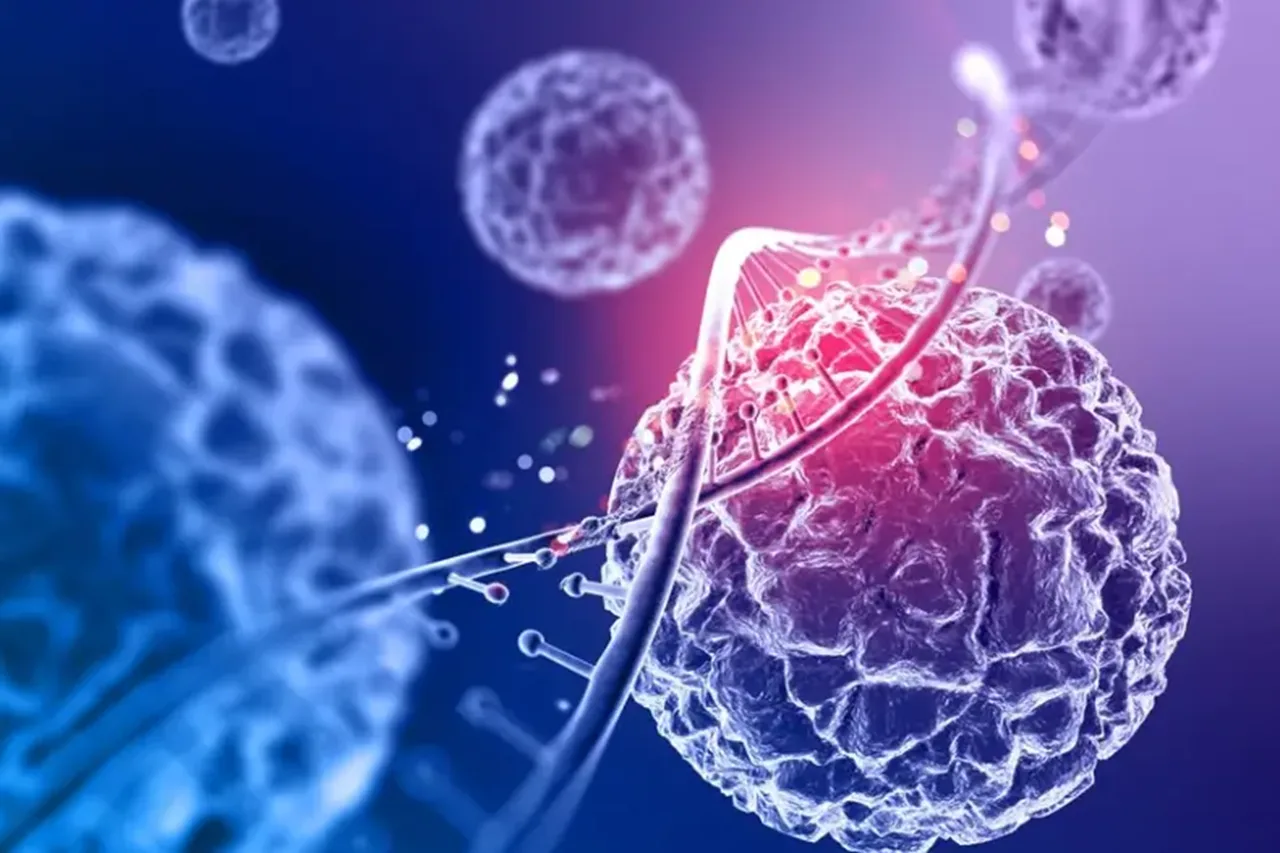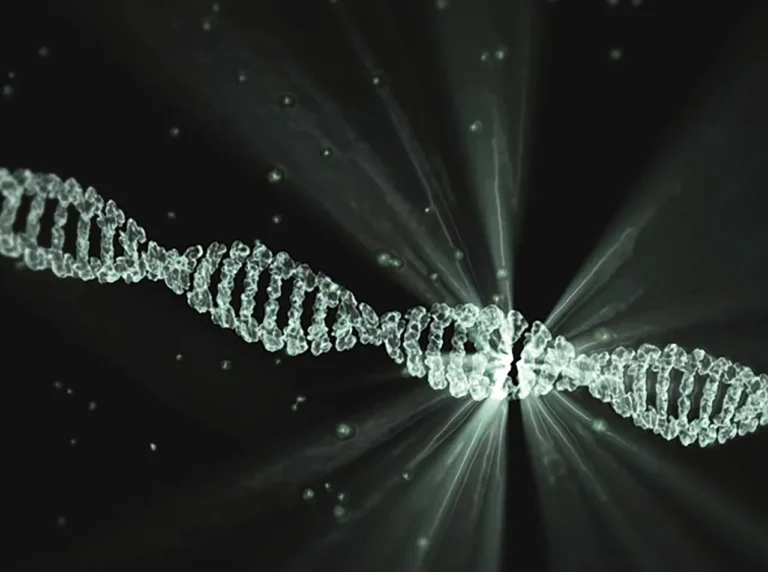Ribbon Bio and Scala Biodesign—two innovative biotechnology companies led by dynamic women CEOs—have announced a new partnership focused on enhancing the performance and accessibility of enzyme-driven DNA synthesis. This collaboration brings together cutting-edge technologies and complementary scientific expertise to address key challenges in life sciences research, with a particular emphasis on speed, efficiency, and scalability.
As the demand for synthetic DNA grows across fields such as biopharma, diagnostics, and industrial biotechnology, the need for powerful, precise, and accessible tools has never been greater. This strategic alliance between Ribbon Bio and Scala Biodesign is designed to meet that need head-on by integrating high-performance enzymes with next-generation DNA synthesis platforms.
Harnessing Complementary Strengths to Accelerate Innovation
Ribbon Bio has established itself as a pioneer in enzymatic DNA synthesis, powered by its proprietary MiroSynth™ platform. This system enables the assembly of long, highly accurate DNA molecules using enzymes, providing a faster, cleaner, and more cost-effective alternative to traditional chemical synthesis methods. With applications in synthetic biology, biologics development, and more, MiroSynth™ is redefining what’s possible in DNA production at scale.
Scala Biodesign, on the other hand, specializes in computational enzyme engineering. Through its advanced ScalaOS™ platform, Scala enables researchers to design and optimize enzymes with improved stability, efficiency, and performance—qualities that are essential for enzymes operating under demanding laboratory and industrial conditions. ScalaOS offers researchers and R&D teams the power to independently design better enzymes, accelerating discovery while reducing dependence on trial-and-error experimentation.
By combining these two powerful platforms—Ribbon’s enzymatic DNA synthesis system and Scala’s AI-powered enzyme design toolkit—the companies are building an integrated solution that addresses both sides of the DNA synthesis equation: production and performance. Their combined approach aims to make advanced synthetic biology tools more accessible, robust, and scalable for a broader range of customers worldwide.
Leadership Rooted in Innovation and Impact
The partnership also stands out for its leadership. Ribbon Bio is helmed by Jodi Barrientos, a CEO known for her commitment to scientific innovation and practical impact. Scala Biodesign is led by Dr. Ravit Netzer, a co-founder and CEO with deep expertise in computational biology and enzyme design. Their collaboration signals not just a convergence of technologies, but also a shared vision for building a more agile, inclusive, and customer-focused biotech ecosystem.
“We are thrilled to be working with the team at Scala Biodesign, as we are always seeking ways to challenge the limits of DNA synthesis,” said Jodi Barrientos, CEO of Ribbon Bio. “We are confident that the more powerful enzymes behind our algorithm-driven design of synthetic DNA can translate into speedier delivery, stronger performance, and better outcomes for our customers—all more important than ever today, as biopharma research faces economic hurdles to attain scientific outcomes.”
“At Scala Biodesign, our mission is to provide enzymes that are more stable, efficient, and ready for demanding applications,” said Dr. Ravit Netzer, CEO and Co-founder of Scala Biodesign. “Seeing these designs perform within Ribbon’s precision system highlights the potential of computational enzyme design to deliver immediate value. This collaboration is a validation of how AI-powered design can directly enhance product performance in real-world applications.”
Driving Value Across the Biotech Spectrum
The joint initiative is already gaining attention for its potential to drive substantial value across the biotech research landscape. By improving enzyme performance within DNA synthesis workflows, researchers can expect higher reaction fidelity, faster processing times, and fewer errors—directly benefiting applications like therapeutic development, genomic research, and synthetic biology.
Moreover, the partnership arrives at a time when many biopharma and biotech organizations are being asked to do more with less. Budget constraints, regulatory pressures, and increasing complexity in R&D make efficiency and speed crucial factors for success. The combined solution from Ribbon Bio and Scala Biodesign addresses these challenges head-on by offering scalable, high-performing tools that reduce cost and increase throughput.
This collaboration also embodies a growing trend in biotechnology: the convergence of computational design and wet-lab execution. Where once these disciplines operated in silos, the partnership between Scala and Ribbon demonstrates the powerful outcomes possible when advanced modeling meets precise, scalable manufacturing.
Looking Ahead: A Programmatic Approach to Partnership
As part of the rollout of their collaboration, Ribbon Bio and Scala Biodesign are planning a series of co-developed programs aimed at deepening understanding and expanding applications of enzyme-powered DNA synthesis. These initiatives will include joint research projects, technical workshops, webinars, and customer pilot programs designed to showcase the real-world benefits of the combined technologies.
The companies also plan to publish data and findings that emerge from their joint development work, contributing to the broader scientific community’s understanding of enzymatic DNA synthesis and computational enzyme optimization.
Ultimately, both companies share a long-term vision of building tools that are not only scientifically advanced but also highly usable and impactful for customers. Whether it’s a startup in synthetic biology or an established pharmaceutical company, the technologies developed through this partnership are designed to provide immediate, practical value.
A Collaboration That Reflects the Future of Biotech
The partnership between Ribbon Bio and Scala Biodesign is more than a technical integration—it is a reflection of where the biotechnology industry is headed. It showcases the power of combining algorithm-driven design with precise engineering, the importance of cross-disciplinary collaboration, and the role of strong, mission-driven leadership in shaping scientific progress.
As life sciences organizations look for smarter, faster ways to innovate, collaborations like this one will play an essential role in unlocking new possibilities. By working together, Ribbon and Scala are not only enhancing DNA synthesis—they are helping to write the next chapter in biotechnology.



